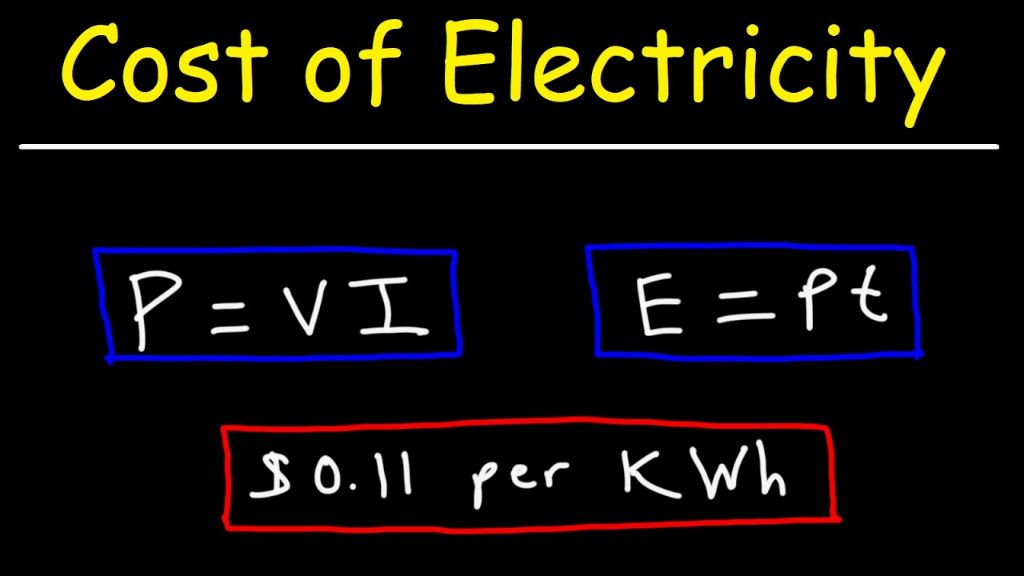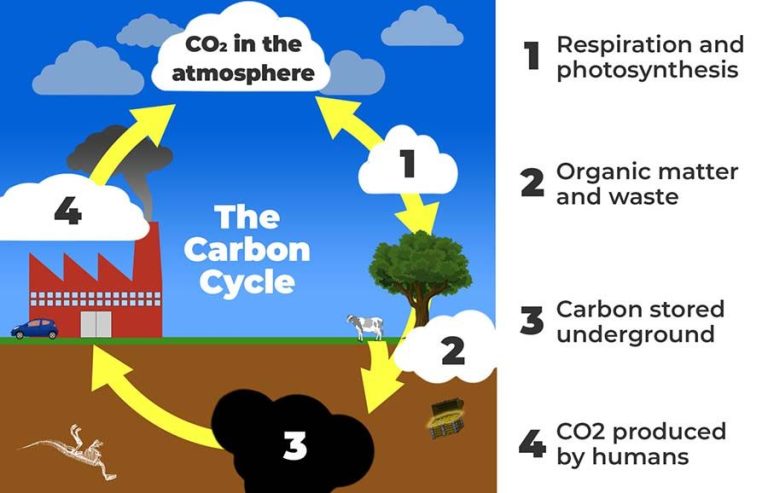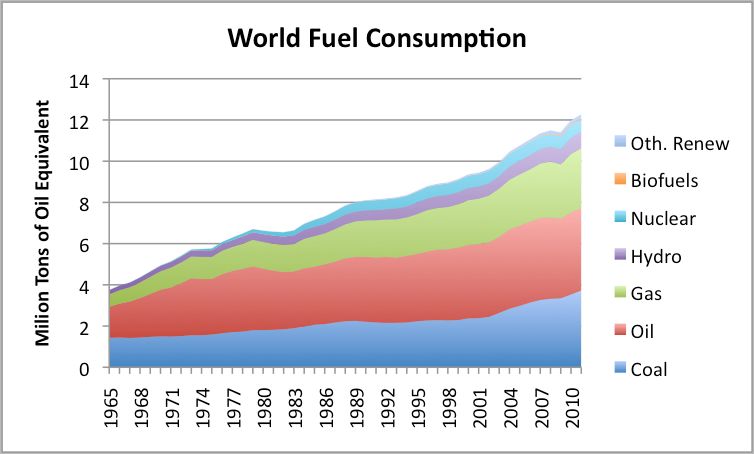What Is 1Kw In Hour?
A kilowatt (kW) is a unit of power that measures the rate of energy transfer or energy consumption. Power is defined as energy per unit time, so a kilowatt represents the transfer or use of 1,000 joules of energy per second. In other words, 1 kW equals 1,000 watts of power.
While kilowatts measure instantaneous power, kilowatt-hours (kWh) measure energy usage over time. A kilowatt-hour quantifies the total amount of energy transferred or consumed over the course of an hour at the constant rate of 1 kW. For example, a 100-watt light bulb uses 0.1 kW of power. If left on for 10 hours, it will consume 1 kWh of energy (0.1 kW x 10 hours).
Understanding the difference between kilowatts and kilowatt-hours is key when discussing electricity usage and billing. Kilowatts measure the rate of consumption at any given moment, while kilowatt-hours measure the total consumption over time.
Kilowatts
A kilowatt (kW) is a unit of power that measures the rate of energy consumption or production. Specifically, one kilowatt equals 1,000 watts. Power is measured in watts, so kilowatts represent 1,000 watts of power being used at a given moment.
For example, if a lightbulb uses 100 watts of power, then ten 100-watt lightbulbs use 1,000 watts or 1 kilowatt of power when turned on at the same time. The kilowatt is a useful unit for measuring the power consumption of electrical devices and systems.
It’s important to understand that a kilowatt measures instantaneous power usage, not total energy consumption over time. The kilowatt hour (kWh), which equals using 1 kilowatt for 1 hour, is used to measure energy consumption or production over time. So while kilowatts represent the rate of energy flow, kilowatt hours measure the total quantity of energy used.
Kilowatt Hours
A kilowatt hour (kWh) is a unit of energy that measures power consumption over time. Specifically, it refers to the amount of energy used by a power consumption of 1 kilowatt over the period of 1 hour.
For example, if a 100 watt light bulb is left on for 10 hours, it will consume 1 kilowatt hour of electricity (100 watts x 10 hours = 1000 watt hours = 1 kilowatt hour). This means that the light bulb used 1 kilowatt of power for 1 hour.
Kilowatt hours are commonly used for billing electricity usage. Electricity providers determine the energy charge per kWh used. By measuring kilowatt hours consumed over a billing period, electricity usage can be accurately calculated and billed.
Kilowatt hours allow us to measure both the rate of energy consumption (kilowatts) as well as the duration (hours). This provides a standardized way to quantify electric energy usage over any time period.
Calculating kWh
The formula for calculating kilowatt hours (kWh) is:
kWh = Power (kW) x Time (hours)
Where:
- Power (kW) is the rate of energy consumption or production per unit of time.
- Time (hours) is the amount of time the energy consumption or production occurs.
So to find the kWh consumed or produced, you simply multiply the power in kW by the time in hours that the device or system operates for. For example, a 1 kW electric heater operated for 1 hour would consume 1 kWh of electricity (1 kW x 1 hour = 1 kWh).
kW vs kWh
The terms kW and kWh are related but have different meanings when talking about energy consumption and billing. kW stands for kilowatt and it refers to the rate of power transfer. In other words, kW measures power or the instantaneous rate of doing work. On the other hand, kWh stands for kilowatt hour and it refers to energy consumption or the total amount of work done over a period of time.
For example, an appliance with a rating of 1 kW means it can transfer energy at a rate of 1,000 joules per second when operating at full capacity. However, how much energy it actually consumes depends on the amount of time it runs. If this 1 kW appliance runs for 1 hour, it will use 1 kWh of energy. So while kW measures instantaneous power, kWh measures total energy usage over time.
This distinction is important for energy billing. Electricity usage is generally billed based on kWh consumption, not kW demand. Your energy bill will show how many kWh you used each month or billing cycle based on meter readings, along with your rates per kWh. The more kWh you consume, the higher your electricity costs will be. Understanding the difference between kW and kWh is key to properly interpreting your utility bills and managing your energy usage.
Examples
Here are some examples of calculating energy use in kWh for common appliances and scenarios:
Light Bulb
A 60W incandescent light bulb running for 1 hour uses 0.06 kWh of electricity (60W x 1 hr / 1000W/kW = 0.06 kWh)
Electric Oven
An electric oven with a heating element rated at 2.2kW running for 30 minutes uses 1.1 kWh of energy (2.2kW x 0.5hrs = 1.1 kWh)
Washing Machine
A washing machine with a 1.2kW motor running for 1 hour uses 1.2 kWh of electricity (1.2kW x 1 hr = 1.2 kWh)
Air Conditioner
A window air conditioner rated at 1.5kW running for 8 hours straight uses 12 kWh (1.5kW x 8hrs = 12 kWh)
These examples illustrate how to calculate electricity usage for appliances based on their wattage rating and hours of operation.
Applications
kWh is commonly used to measure electricity usage. Here are some real-world applications of kWh in energy billing and ratings:

Utility Bills
Electricity usage on home and business utility bills is measured in kWh. The kWh usage determines the total amount owed for electricity during the billing period. For example, if you used 400 kWh last month and the rate is $0.15 per kWh, your electricity bill would be 400 x $0.15 = $60.
Appliance Energy Ratings
Many appliances like refrigerators, washing machines, and air conditioners have energy rating labels showing how many kWh they consume. This helps consumers compare energy efficiency between different models. An ENERGY STAR-rated refrigerator may use 300 kWh/year while a less efficient model uses 500 kWh/year.
Electric Vehicle Range
The range of electric vehicles is commonly measured in miles per kWh. A rating of 4 miles/kWh means the car can travel 4 miles for each kWh of battery energy consumed. So if the battery capacity is 50 kWh, the total range would be around 200 miles.
Knowing a device’s or vehicle’s kWh rating makes it easier to calculate approximate energy costs and usage.
Conversions
Here are some common conversions between kWh and other units of power:
- 1 kWh = 3,600,000 Joules
- 1 kWh = 3,412 BTUs
- 1 kWh = 29.3 therms
- 1 kWh = 0.03412 therms
- 1 therm = 29.3 kWh
To convert kWh to joules, multiply the kWh value by 3,600,000 (the number of joules in 1 kWh). For BTUs, multiply by 3,412, the number of BTUs in 1 kWh.
For therms, divide kWh by 29.3 to get therms. To go from therms to kWh, multiply the therm value by 29.3.
Regional Usage
Electricity usage and rates can vary significantly across different parts of the world. Here’s a comparison of kWh usage statistics and electricity costs in major regions:
North America
The average home in the United States uses about 893 kWh per month. Electricity rates range from around 10 to 20 cents per kWh depending on the state and utility provider.
Europe
European households consume around 4000-5000 kWh per year on average. Electricity prices in Europe are relatively high, averaging around 20-30 euro cents per kWh.
Asia
Residential electricity consumption in Asia varies widely. In China, average monthly usage is around 130 kWh. Japan averages around 250 kWh per month per household. Electricity prices range from around 10 cents/kWh in China to over 20 cents/kWh in Japan.
Africa
Average electricity usage in Africa is very low, under 500 kWh per year per person. South Africa has the highest consumption at around 4000 kWh per household annually. Electricity costs range from 4 to 12 cents/kWh for most African countries.
Evaluating kWh usage and rates provides insights into regional power demands, infrastructure, efficiency, resources and costs of living.
Conclusion
We’ve covered a lot of details when it comes to kWh and measuring electric energy consumption:
- A kilowatt (kW) is a unit of power that measures instantaneous electricity usage
- A kilowatt-hour (kWh) is a unit of energy that measures total electricity used over time
- To calculate kWh, you multiply power (kW) by time (hours)
- kWh is used for billing electricity usage and comparing appliance energy efficiency
- Typical household appliances use anywhere from 1-2 kWh for smaller devices up to 20+ kWh for large appliances
- The average home uses about 900 kWh per month
- You can monitor your kWh usage with a smart meter to understand your electricity consumption
Knowing how to measure and calculate kWh gives you valuable insight into your energy use and how to be more efficient.






